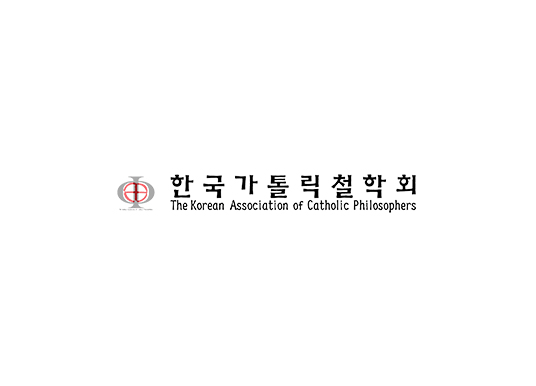호메로스의 영웅들의 행위를 통해 본 자유와 책임
The Freedom and Responsibility in the Heroes’ Behavior of Homer
김은중
아세아연합신학대학교
가톨릭철학
2006, vol., no.8, pp. 15-51 (37 pages)
G704-001490.2006..8.006
한국가톨릭철학회
1. 서론
2. 호메로스 작품에서의 자유의 개념들의 의미
__2.1 자유민의 의미로서의 eleutheria
__2.2 개체성으로서의 autos
3. 신체적 기관으로서의 psyche, thymos, nous
__3.1 Emotion의 기관으로서의 thymos
__3.2 본능적 앎으로서의 nous
__3.3 자유의 결여로서의 thymos와 mous
4. 영웅들의 행위에 대한 책임으로서의 신의 aitia
__4.1 영웅들의 행위에 개입하는 신들의 aitia
5. 결론
초록
인간이 자유를 가진다 함은 스스로의 결단을 가지는 것을 가리키며, 이런 의미에서 자유는 자기의 지배자가 자기 자신일 때 얻어진다. 호메로스의 『일리아드』(Iliad)와 『오디세이』(Odyssey)에서 영웅들에게 결단하고 행동하도록 하는 신체의 기관은 thymos와 nous이다. 그런데 thymos와 nous는 스스로의 결단에 따라 판단하고 행동하지 못한다. 호메로스의 『일리아드』나 『오디세이』에 등장하는 영웅들은 자신들의 행동의 원인으로서 자신 안에 있는 것을 들기보다는 자신 바깥에 있는 초월적 존재에로 그 원인을 돌린다. 그 개념이 aitia이다. 이런 경향은 초기 그리스인에게서는 행동에 뒤따르는 도덕적 책임의 개념, 이와 더불어 내적인 자아 또는 내적인 영혼의 개념이 결여되어 있는 데서 기인한다. 반대로 호메로스는 영웅들의 행동이 신들에 의해 결정된다고 믿었다. 호메로스의 영웅들은 오직 신의 명령을 받아 행동하고 갈등과 결단의 순간에는 신의 지시를 받아 선택을 했다. 따라서 호메로스의 인간에게는 자유도 없고 이에 수반해 책임도 없는 것으로 이해된다.
That the human being has freedom points at the fact that it has a oneself decision. So the freedom comes when oneself governs oneself absolutely. In Iliad and Odyssey of Homer, the physical organon are the thymos and the nous that order heroes to decide and act. But the thymos and the nous can not decide and act in themselves. The heroes who appear in the Iliad and Odyssey point as the cause of their decision and behavior not something in themselves but surpass being outside of them. It is Gods aitia. This tendency originates the lack of the moral responsibility toward behavior, the inner self and the inner concept of soul. Homer rather believed that heroes behaviors were decided by Gods. Homers heroes only accomplished Gods order and selected with the help of Gods when the decision was needed. So it is understood that Homers heroes did not have freedom and responsibility.

